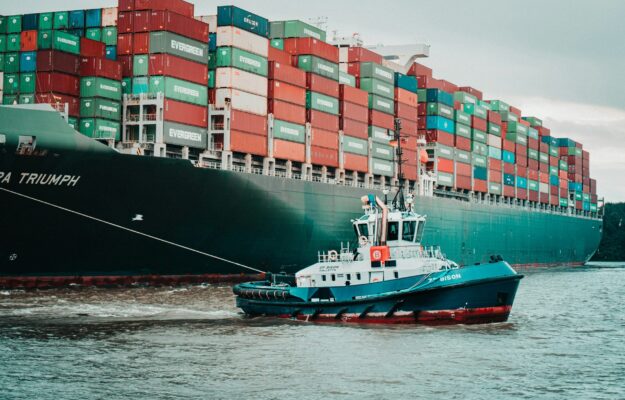New Solution Digitizes Spirits Supply Chain, Enhances Transparency
A novel solution has been introduced to transform the spirits supply chain, streamlining processes and improving transparency from production to customer engagement. Fueled by Web3 and blockchain technologies, this platform prioritizes consumer experience while offering optimization, tracking, and transparency at every stage of the journey. Already deployed in distilleries and warehouses across Scotland, Ireland, and…
Details








